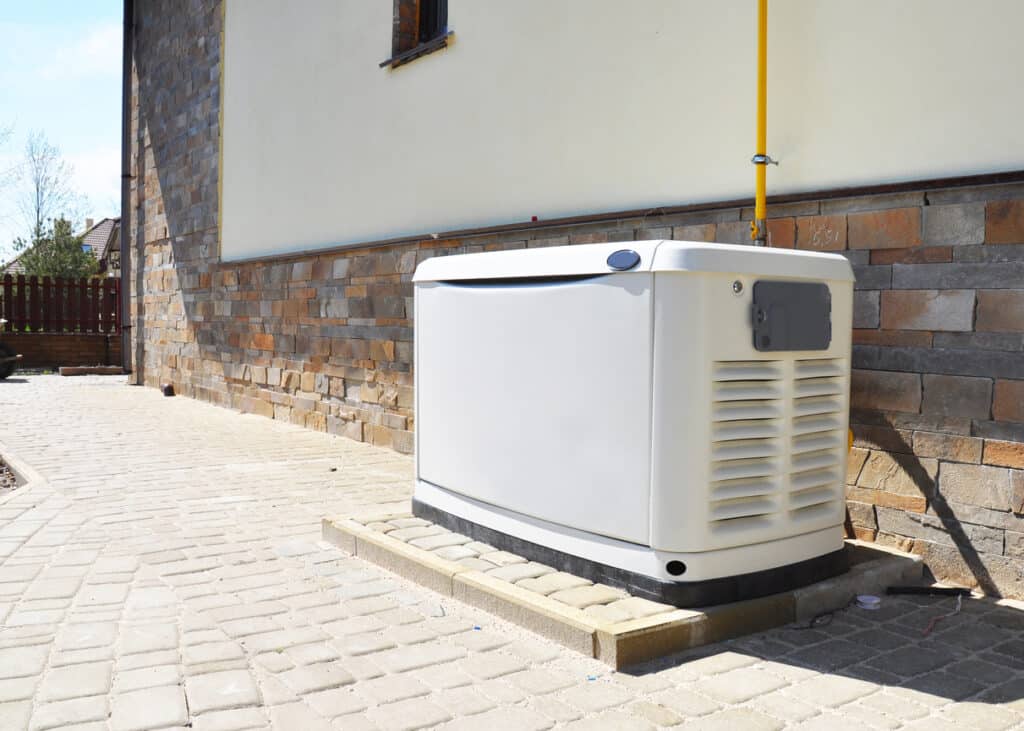Generators are important since they provide backup power during outages. They also enable us to run electrical devices in remote locations. They convert mechanical energy into electrical energy, making them indispensable in a world heavily reliant on electricity. While generators might seem complex, there are some essential facts that can help demystify their operation and importance.
Backup Power Source
One of the most significant roles of generators is to act as backup power sources. In regions prone to natural disasters or frequent power outages, generators ensure that essential services and appliances keep running when the grid fails. Hospitals, data centers, and critical infrastructure depend on generators to maintain operations during emergencies, highlighting their life-saving importance.
Portable Generators
Portable generators have gained popularity for their versatility and convenience. They’re compact, easy to transport, and suitable for powering devices in remote areas or during outdoor activities. Campers, construction crews, and event organizers often rely on portable generators to meet their power needs on the go.
Standby Generators
Standby generators are stationary units often installed in homes and businesses. Unlike portable generators, standby generators are permanently connected to the electrical system and can automatically start when they detect a power outage. This seamless transition ensures that critical systems, such as refrigeration, lighting, and medical equipment, remain operational.
Fuel Sources
Various fuel sources, including gasoline, diesel, natural gas, and propane, can power generators. Fuel choice impacts factors such as runtime, maintenance requirements, and environmental considerations. For instance, natural gas and propane generators are preferred for their cleaner emissions and continuous fuel supply from utility lines.
Maintenance Is Key
Regular maintenance of generators is essential since it ensures the unit’s reliability and longevity. Engine oil changes, air filter replacements, and periodic testing are among the tasks that must be performed to keep generators in optimal condition. Neglecting maintenance can decrease efficiency, increase emissions, and even lead to complete system failures.
Sizing Matters
Selecting the right-sized generator is essential to meet your power needs. Overloading a generator can cause damage to both the generator and the devices connected to it. On the other hand, an undersized generator may struggle to power your essential appliances during an outage. It’s recommended to calculate your power requirements and consult experts to choose a generator that fits your needs.
Environmental Impact
Generators, especially those running on fossil fuels, have an environmental impact due to emissions and fuel consumption. However, technological advancements have led to the development of more fuel-efficient and eco-friendly generators. Solar-powered generators and hybrid models that combine different energy sources are becoming more accessible, contributing to a greener energy landscape.
The generator landscape is evolving. Energy storage solutions, such as battery systems, are being integrated with generators to provide cleaner and more sustainable backup power options. Additionally, smart technologies are making generators more efficient by enabling remote monitoring, automatic adjustments, and predictive maintenance. For Waldorf, MD residents, contact Circuit Doctor for generator installation services.


